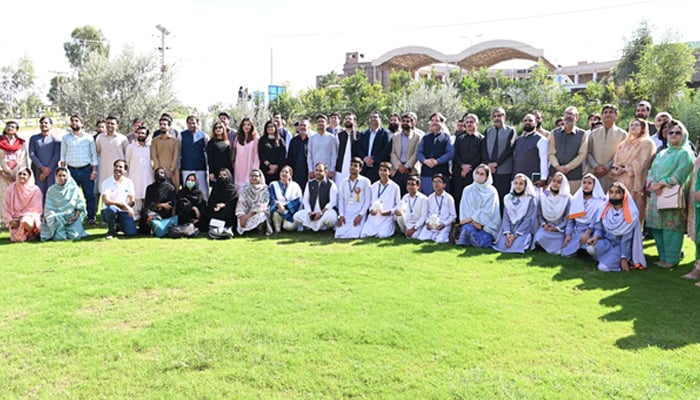
Empowering Communities for Sustainable Water Practices
Introduction:
Climate change poses a significant threat to the availability and quality of water resources worldwide. Rising temperatures, changing precipitation patterns, and extreme weather events exacerbate water scarcity and impact water quality. To address these challenges, empowering communities with the knowledge and tools for sustainable water practices becomes crucial. This essay explores the importance of community empowerment in the face of climate change when it comes to conserving and managing water resources. It focuses on education, awareness campaigns, technological innovations, policy advocacy, and adaptation strategies.
Impact of Climate Change on Water Resources:
Climate change has profound effects on water resources, leading to both quantity and quality issues. As temperatures rise, glaciers and snowpacks melt, affecting downstream water availability. Changes in precipitation patterns result in more frequent droughts and floods, further straining water supplies. Additionally, extreme weather events, such as hurricanes and storms, disrupt water infrastructure, leading to contamination and quality deterioration. These impacts necessitate community efforts in adopting sustainable water practices to ensure adequate supply in the face of climate change.
Education and Awareness:
Educating communities about the linkages between climate change and water scarcity is crucial for empowering them to take sustainable actions. Raising awareness about the impacts of climate change on water resources and the need for adaptation and mitigation measures can drive behavior change. Schools, community centers, and digital platforms can serve as educational hubs where information on sustainable water practices is shared. By incorporating climate change and water-related topics into curricula and organizing awareness campaigns, communities can be mobilized towards sustainable water use and conservation.

Technological Innovations:
Technological innovations play a vital role in enabling communities to adapt to climate change and improve water management. Climate-resilient water infrastructure, such as rainwater harvesting systems and water-efficient irrigation techniques, can help communities cope with changing precipitation patterns. Additionally, the development and promotion of affordable technologies like water recycling and treatment systems can address water scarcity and quality challenges. Utilizing remote sensing technologies to monitor water resources and predict drought or flood events can assist communities in making timely decisions. The availability and accessibility of these technologies, coupled with training programs, are essential for empowering communities in adopting sustainable water practices.
Policy Advocacy:
Effective policies and regulations are necessary to address climate change impacts on water resources and incentivize sustainable water practices. Community empowerment requires advocating for policies that support adaptation and mitigation measures. Communities, along with non-governmental organizations (NGOs) and local governments, must collaborate to influence policy decisions. This includes promoting water-sensitive urban planning, establishing water-use efficiency standards, and advocating for water allocation plans that prioritize sustainability. Policymakers should consider the specific needs and vulnerabilities of communities when developing and implementing climate change and water policies.
Adaptation Strategies:
Empowering communities to develop and implement adaptation strategies is crucial in the face of climate change. Building community resilience through measures such as watershed management, floodplain zoning, and restoration of natural ecosystems can help mitigate the impacts of extreme weather events. Community-based adaptation projects, such as rainwater harvesting and small-scale water management systems, can provide localized solutions to water scarcity. Encouraging water stewardship practices and supporting local initiatives to strengthen water governance can also contribute to community empowerment and resilience.
Conclusion (approx. 100 words):
Climate change poses significant challenges to water resources globally, requiring proactive and sustainable water management practices. Empowering communities through education, awareness campaigns, technological innovations, policy advocacy, and adaptation strategies is crucial in ensuring sustainable water practices. By involving communities in decision-making processes, promoting behavioral changes, and supporting technological advancements, communities can play an active role in adapting to climate change and securing adequate and resilient water supplies for future generations.
All Categories
- Agricultural Methods
- Agriculture and Women Small Farmers Rights Awareness
- Climate Change
- Disable and Human Rights
- Disable Jobs
- Donation
- Education
- Health Issues
- Organic Foods
- Organic Vegetables
- Orphans Children
- Plastic production and disposal
- Services
- Sinking in Scarcity
- Success Stories
- Uncategorized
- Waste Management
- Women Rights
- Youth Empowerment




